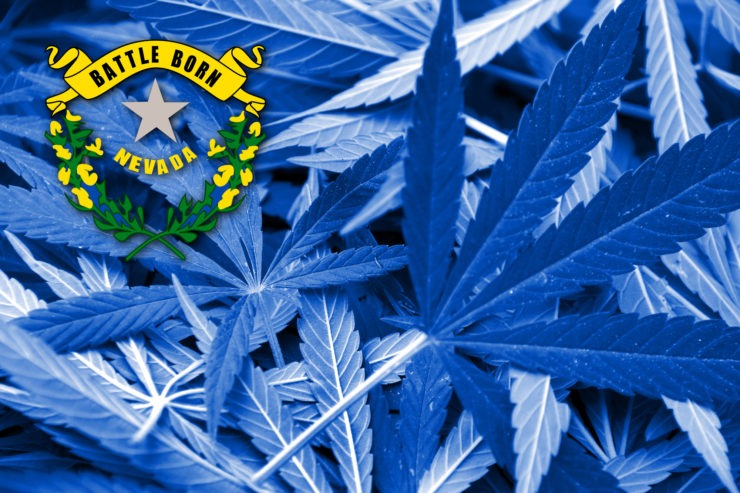
29 Dec Hemp-CBD Across State Lines: Nevada

The Agriculture Improvement Act of 2018 (“2018 Farm Bill”) legalized hemp by removing the crop and its derivatives from the definition of marijuana under the Controlled Substances Act (“CSA”) and by providing a detailed framework for the cultivation of hemp. The 2018 Farm Bill gives the US Department of Agriculture (“USDA”) regulatory authority over hemp cultivation at the federal level. In turn, states have the option to maintain primary regulatory authority over the crop cultivated within their borders by submitting a plan to the USDA.
This federal and state interplay has resulted in many legislative and regulatory changes at the state level. Indeed, most states have introduced (and adopted) bills that would authorize the commercial production of hemp within their borders. A smaller but growing number of states also regulate the sale of products derived from hemp.
In light of these legislative changes, we are presenting a 50-state series analyzing how each jurisdiction treats hemp-derived cannabidiol (“Hemp-CBD”). Each Sunday, we summarize a new state in alphabetical order. Today, we cover Nevada.
Pursuant to the 2014 U.S. Farm Bill, the 2015 Nevada Senate Bill 305, the 2016 Nevada Senate Bill 396, and the 2019 Nevada Senate Bill 209, industrial hemp and Hemp-CBD products may be produced in Nevada under the supervision of the Nevada Department of Agriculture (“NDA”) so long as the crop and its finished products contain no more than 0.3% tetrahydrocannabinol (“THC”).
The sale of Hemp-CBD products is allowed under Nevada law. However, not every category of Hemp-CBD products may be lawfully sold in the state. The Nevada Department of Health and Human Services (“DHHS”), along with many county Departments of Health, have publicly adopted the Food and Drug Administration (“FDA“)’s position on the sale and marketing of CBD in foods and dietary supplements. Some, including the Washoe County Health District, have taken enforcement actions by seizing these products from local stores. In addition, the state’s Division of Public and Behavioral Health (“DPBH”) recently published guidelines that further reiterate that only hemp ingredients generally recognized as safe (“GRAS“) can be lawfully sold in the state.
Although the sale of CBD-infused foods and dietary supplements is strictly prohibited in the state, the sale of other categories of products, such as CBD-infused smokables and cosmetics, is neither expressly authorized nor prohibited.
Chapter 557 of the Nevada Revised Statutes (“NRS”) legalized the sale of Hemp-CBD products “intended for human consumption,” which means “intended for ingestion or inhalation by a human or for topical application to the skin or hair of a human”, so long as these products meet specific testing requirements. See NRS 557(270)(4)(b). Both the NDA and the DHHS have been tasked with developing regulations on this issue; however, according to the Department of Agriculture’s Industrial Hemp FAQs, the agency does not regulate processed finished Hemp-CBD products for human consumption; the FDA and the DHHS do. It’s worth noting that while the DHHS regulates the sale of foods and dietary supplements, it does not oversee the sale of cosmetics, which are regulated by the DPBH. As of the date if this post, neither the DHHS nor the DPBH have adopted testing rules, which means the sale and marketing of these categories of products remain uncertain, unregulated, and therefore, risky in Nevada.
For previous coverage in this series, check out the links below:


Sorry, the comment form is closed at this time.